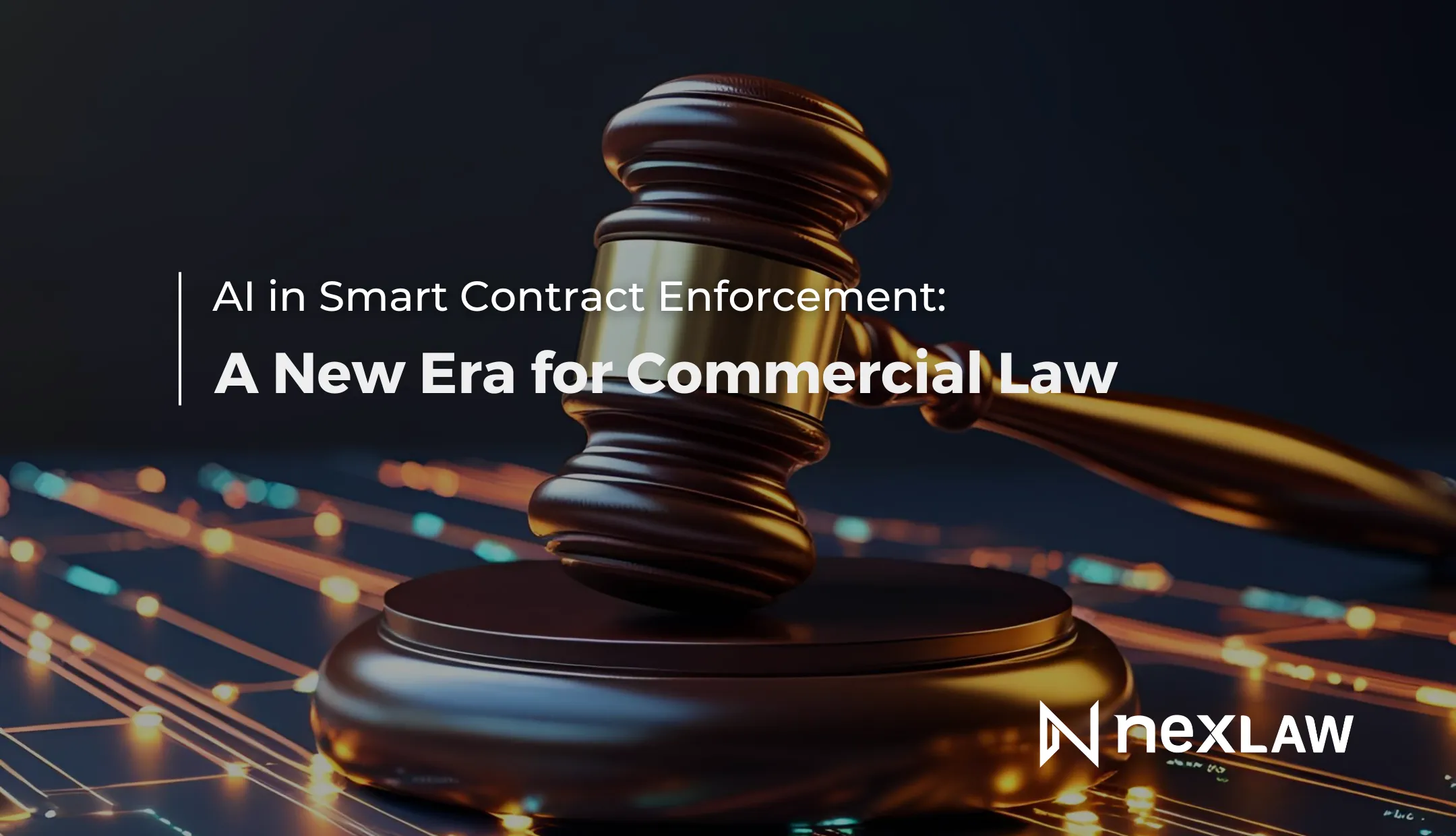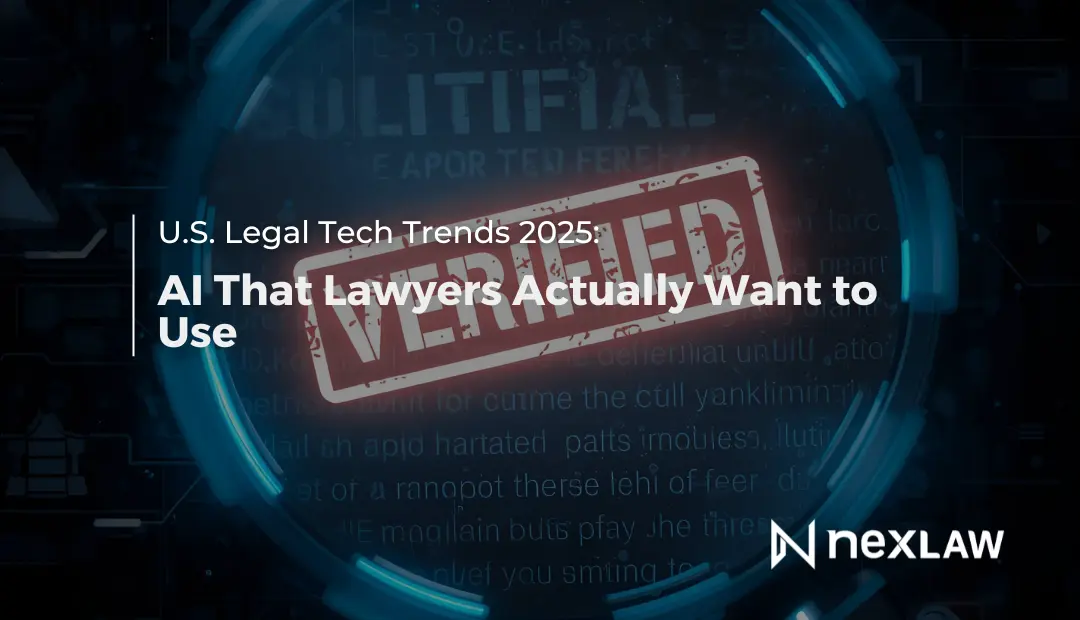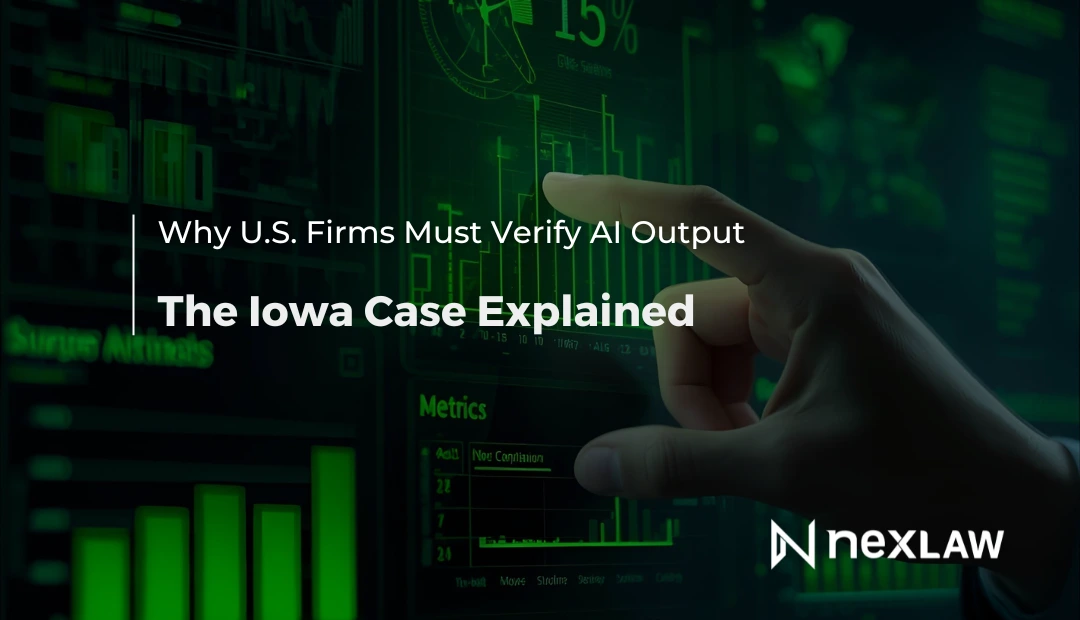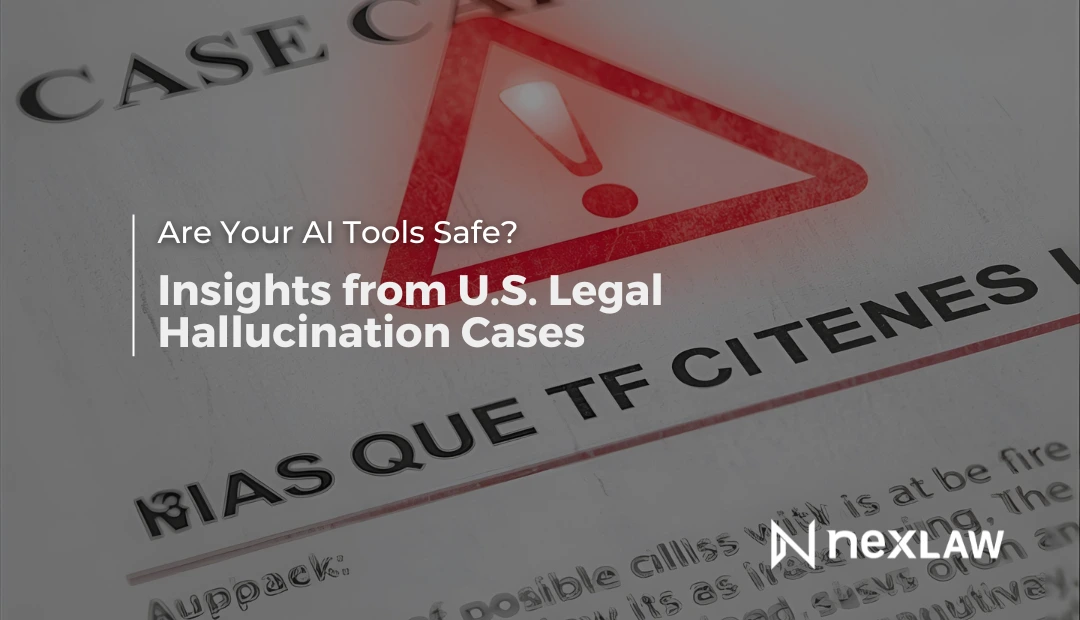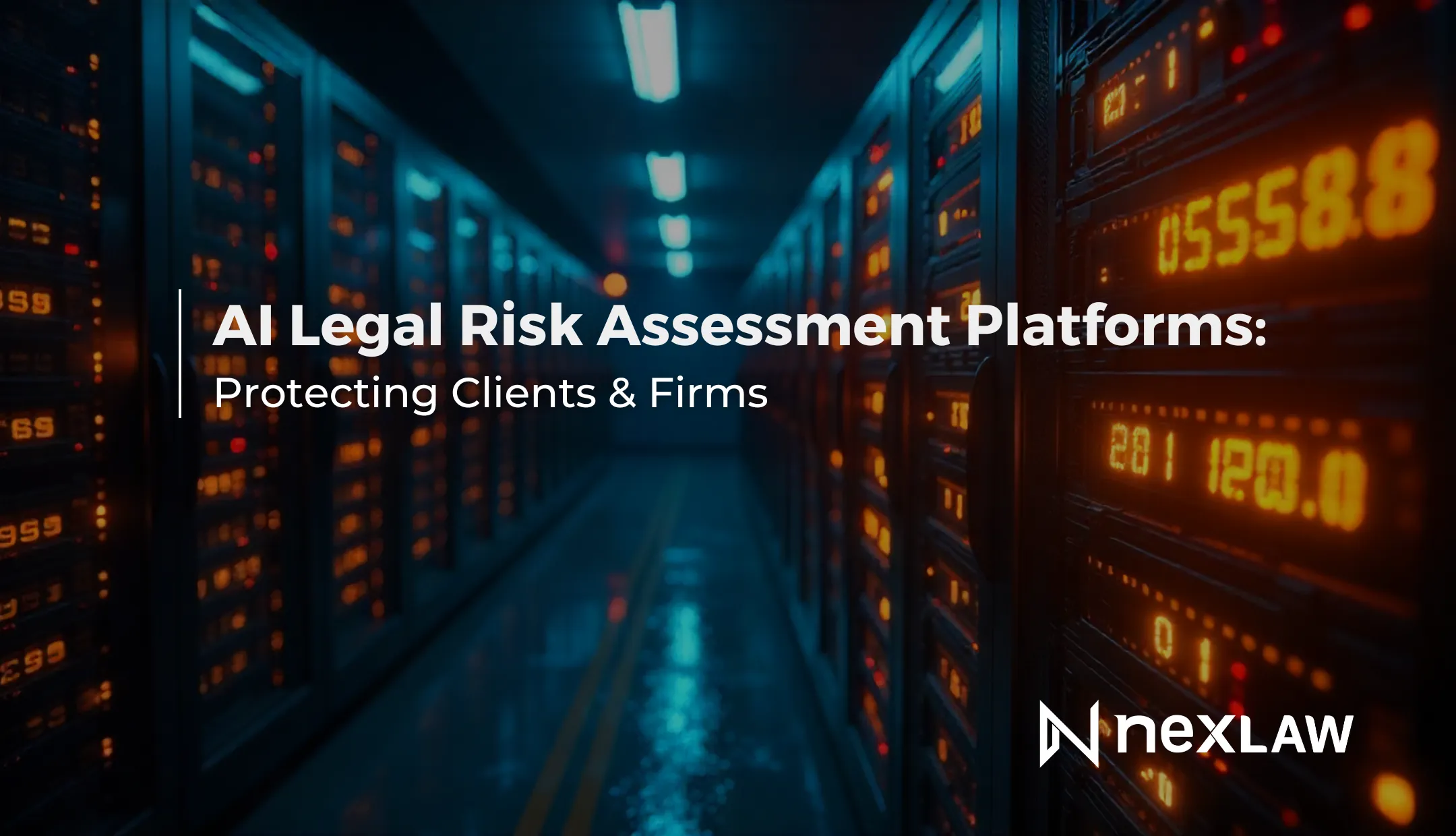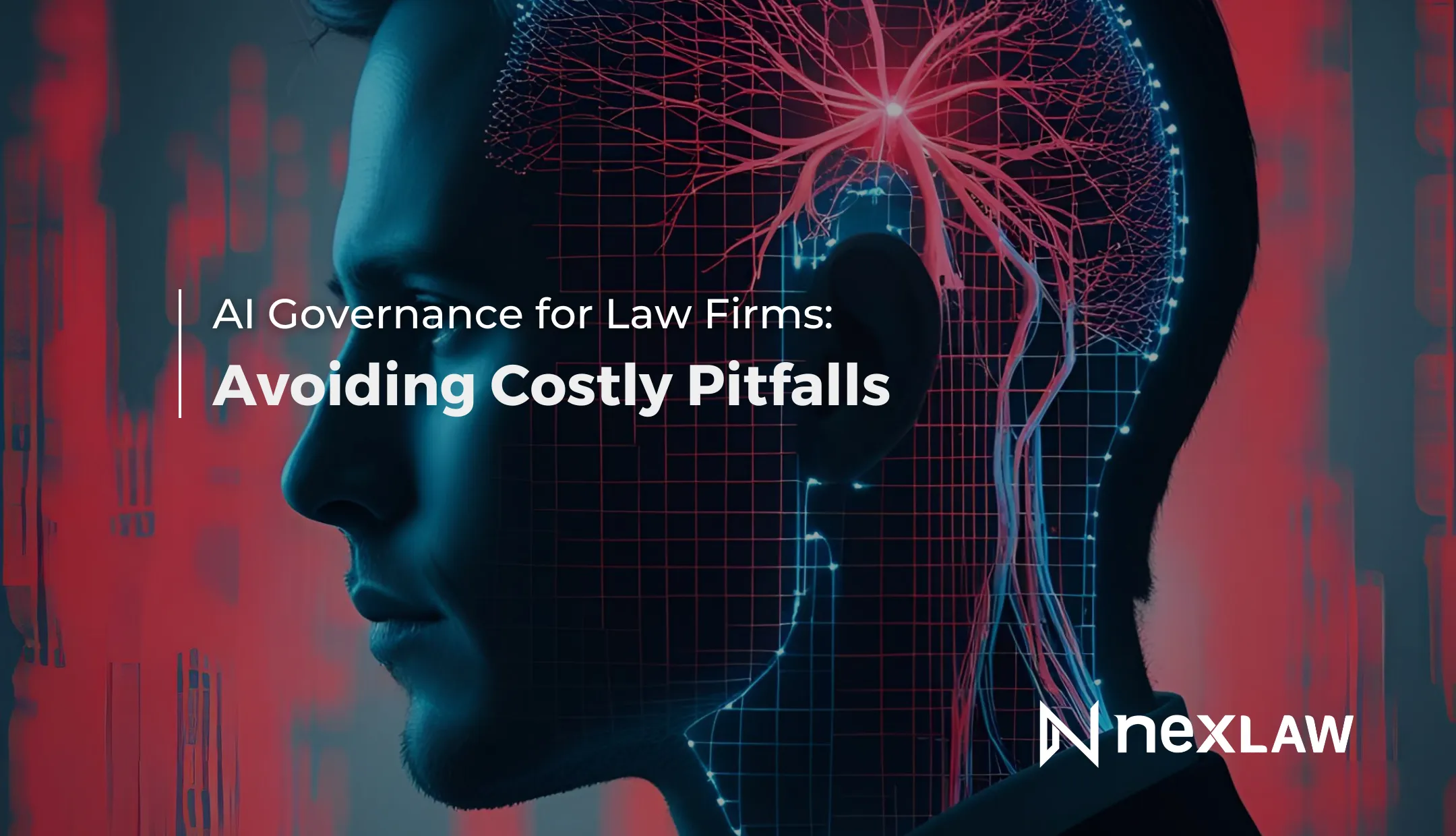AI in Smart Contract Enforcement: A New Era for Commercial Law
Smart contract enforcement entered a revolutionary phase in 2026 when expert predictions revealed that “law firms will increasingly adopt proprietary AI models to scale expertise and improve services like investigations, compliance, and due diligence.” This technological evolution coincides with Legal Futures analysis showing that “AI use by legal professionals becomes the industry standard,” creating new paradigms for automated contract enforcement and dispute resolution.
Unlock Legal Insights Instantly!
The SRA’s approval of Garfield.Law demonstrates how AI can handle regulated legal services, establishing precedent for automated contract enforcement systems that meet professional standards while delivering superior efficiency.
The Evolution of Contract Enforcement Technology
Contract enforcement is shifting from manual review to intelligent automation. Traditionally, lawyers spent significant time reviewing obligations and tracking compliance manually. But as Bloomberg Law reported in 2026, AI tools are now helping firms automate these tasks for major efficiency gains. A survey of 100 large law firms shows increasing adoption of AI for contract enforcement—though some firms dropped tools due to cost concerns and unclear ROI, highlighting the need for thoughtful implementation.
AI-powered enforcement features now include:
- Automated compliance monitoring Tracks obligations and performance in real time
- Breach detection Flags potential violations before they escalate
- Performance prediction Forecasts outcomes using machine learning
- Dispute prevention Warns of risks to help avoid costly conflict
Regulatory Compliance in Automated Contract Enforcement
As of 2026, 16 U.S. state bars have addressed AI in legal ethics, and nine have issued opinions stressing attorney oversight in automated systems. Lawyers must remain responsible for outcomes when using AI in enforcement.
Key legal and ethical requirements include:
- Attorney supervision Lawyers must review AI-generated recommendations
- Client disclosure Clients should be informed about automated systems in use
- Quality control Lawyers must maintain professional competence when using AI tools
- Documentation Firms must log and retain records of automated decisions
Smart Contract System Implementation
Technical Infrastructure
AI-powered contract enforcement requires modern tech infrastructure. According to legal tech experts, lawyers will increasingly engage in prompt engineering and AI tool usage especially in commercial law where efficiency gains are immediate.
Essential components include:
- Blockchain integration For enforcing contracts on distributed ledgers
- Natural language processing (NLP) For reading and interpreting contract clauses
- Real-time monitoring To track metrics and deadlines continuously
- AI-based dispute resolution For resolving common disagreements automatically
Business System Integration
Real-world examples show AI can enforce contracts while maintaining data security. Firms like Sawaryn & Partners demonstrate how smart systems securely handle complex documents and sync across business platforms.
Integration points include:
- CRM systems Auto-linking contract data with client records
- Finance platforms Real-time tracking of payments and financial obligations
- Notifications AI-generated alerts for milestones or compliance needs
- Analytics dashboards Contract performance insights for negotiation and strategy
Commercial Law Use Cases
Supply Chain Contract Management
AI is transforming supply chain agreements by automating enforcement and reducing manual bottlenecks. Legal experts predict firms will use data-enhanced tools to stand out in this space.
Common applications include:
- Delivery tracking Ensures deadlines and product quality standards are met
- Smart payments Triggers payment only when terms are fulfilled
- Regulatory checks Verifies compliance and certifications
- Risk modeling Predicts disruption or breach risks in supplier networks
Employment and Service Contracts
AI tools are also supporting enforcement of employment agreements, where complexity and regulation often slow down manual workflows. As legal scholars note, these tools can fill knowledge gaps and enhance process quality.
Common features include:
- Milestone tracking Monitors deliverables and employee obligations
- Policy compliance Ensures adherence to workplace rules and laws
- Dispute resolution Automates mediation for common conflicts
- Separation automation Enforces terms of termination or severance agreements
Key Technology Requirements for Smart Contract Platforms
Modern law firms integrating AI for smart contract enforcement must prioritize technology platforms that meet high standards in security, scalability, quality control, and performance tracking. These platforms aren’t just tools they’re critical infrastructure for delivering efficient, compliant, and competitive legal services.
Security and Privacy
Security and privacy are foundational. As Bloomberg Law notes, attorneys have a duty to supervise any AI systems they employ. This includes enforcing strict safeguards for sensitive contract data. Core requirements include end-to-end encryption during AI processing, role-based access control to limit user permissions, and detailed audit trails that log every automated action and decision. To remain compliant, platforms must also adhere to global privacy regulations such as GDPR and CCPA, especially when handling client data across jurisdictions.
Scalability and Performance
As AI improves legal efficiency, firms are exploring new pricing models—meaning platforms must scale with both volume and complexity. A capable system should support high-volume contract processing, real-time event detection, and compliance checks across multiple jurisdictions. Flexibility is key; the platform should integrate smoothly with clients’ existing tools and systems, ensuring seamless data exchange without added friction.
Human Oversight and Professional Standards
Despite automation, human oversight remains essential. Attorneys must verify key AIdriven outputs, particularly those tied to enforcement decisions or client communication. Dispute resolution processes still require legal expertise, especially when cases involve nuance or reputational risk. Additionally, legal teams should undergo regular training to understand how to supervise AI systems effectively and ethically—preserving standards while embracing innovation.
Performance Metrics and Optimization
Successful AI implementation depends on measurable outcomes. Firms should monitor key metrics such as improved contract compliance rates, faster dispute resolution times, reduced administrative costs, and client satisfaction scores. These metrics not only validate the technology’s effectiveness but also provide transparency for clients and stakeholders, helping to build long-term trust in AI-enabled services.
Strategic Business Advantages
Adopting smart contract enforcement platforms gives law firms a clear competitive advantage. With 24/7 monitoring, firms can detect issues before they escalate, reduce operational costs by automating repetitive tasks, and foster stronger client relationships through proactive service. Technology leadership also enhances a firm’s reputationm especially with commercial clients seeking innovation-driven legal partners.
Revenue Model Innovation
Finally, AI enables entirely new revenue models. Law firms can offer subscription-based monitoring services, use performance-based pricing tied to dispute reduction or contract fulfillment, and explore risk-sharing arrangements that align incentives with client success. Additionally, firms that develop proprietary smart contract enforcement tools may even license their technology—creating new revenue streams beyond traditional billable hours.
Future Developments and Industry Evolution
As AI technology continues advancing, smart contract enforcement will likely expand beyond current capabilities to include predictive contract optimization, automated negotiation assistance, and comprehensive commercial relationship management.
Transform Your Commercial Practice with Smart Contract AI
Smart contract enforcement is redefining commercial law. Automated tracking, performance monitoring, and AI-powered alerts help firms deliver faster results and greater value without added overhead.
NexLaw AI equips commercial practices with tools built for contract efficiency and strategic enforcement:
- NeXa AI Assistant Automates contract monitoring with real-time alerts for milestones, breaches, and performance issues across active agreements.
- TrialPrep Integrates enforcement data to shape litigation or negotiation strategies when contracts break down.
- ChronoVault Structures performance history and compliance timelines, providing visibility into contractual obligations across your client portfolio.
Streamline enforcement, improve service delivery, and enhance client trust with intelligent automation.
Book a Demo – See how NexLaw powers smart contract enforcement for commercial firms
Explore Plans – Includes a free 3-day trial to experience NexLaw’s commercial law tools
GET 15% OFF for annual plans using promo code: ANNIV15MONTHLY or ANNIV15ANNUALY
*t&c applied | visit our website for more details
